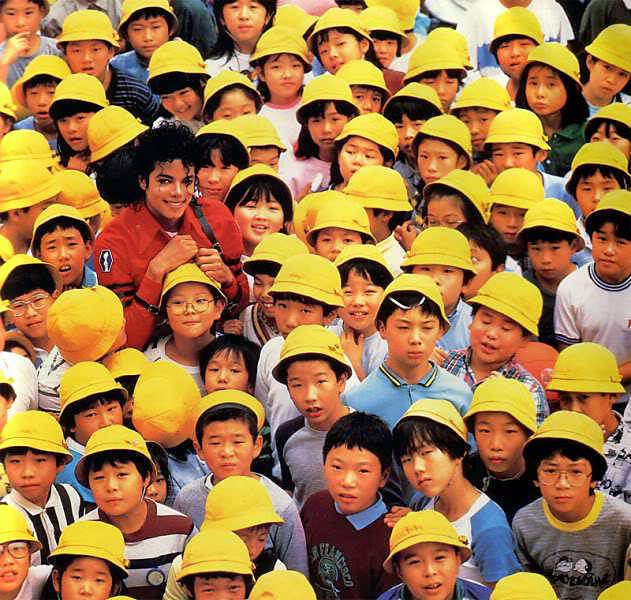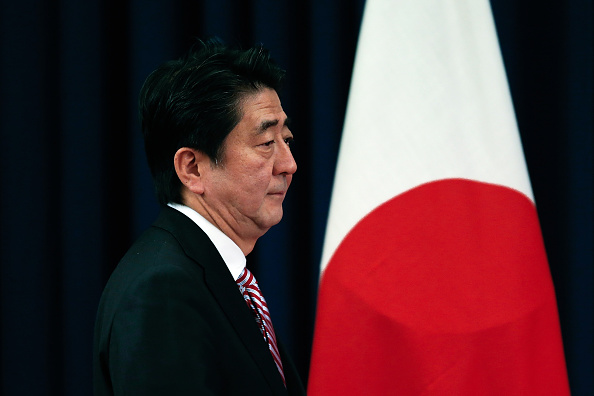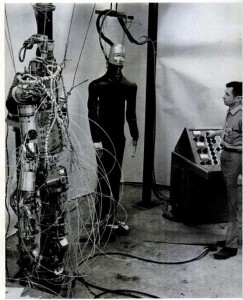Robots can’t do all the work in graying Japan, not yet anyway, so a staunchly homogenous country is turning to immigration at least as a bridge to an automated workforce, which isn’t sitting well with some conservative voices, one of which recently suggested an embrace of Apartheid for a model of living with “others.” From an Economist report:
THE Sankei Shimbun, a Japanese daily, has a reputation for illiberal commentary. Last week it outdid itself by running a column that lauded the segregation of races in apartheid-era South Africa—and urged Japan to do the same. Ayako Sono, a conservative columnist, said that if her country had to lower its drawbridge to immigrants, then they should be made to live apart. “It is next to impossible to attain an understanding of foreigners by living alongside them,” she wrote.
Ms Sono’s views got an airing as the government of Shinzo Abe, the prime minister, appears set to promote immigration in all but name. They caused a stir in South Africa, whose ambassador to Japan called them “scandalous”. In Japan, however, the reaction has been oddly muted. The media scarcely picked up on the ambassador’s letter. The Sankei initially greeted criticism with bemusement. It then issued a pro-forma reply defending its right to run different opinions.
Japan’s government is considering allowing 200,000 foreigners a year to come to Japan to help to solve a deepening demographic crisis and shortage of workers. The population fell by nearly a quarter of a million in 2013. An advisory body to Mr Abe says that immigrants could help stabilise the population at around 100m, from a current 127m. Not since the ancestors of Japan’s current inhabitants arrived in the islands from Korea two millennia ago has there been an example of immigration on the scale of that proposed.•



